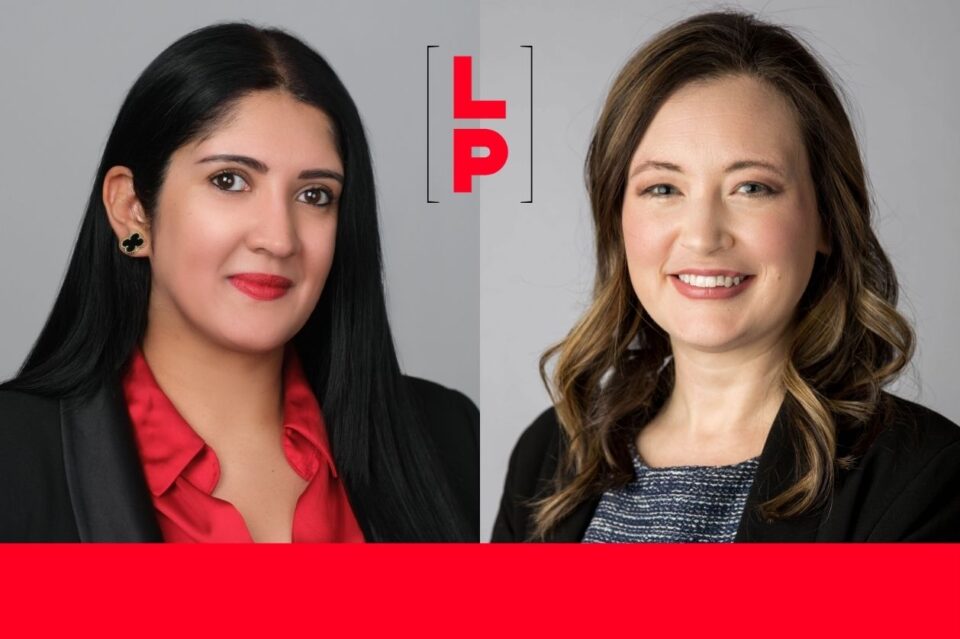Melissa Nelson and Priti Saraswat Present at ILTA Women Who Lead Catalyst 2025 Event

At the International Legal Technology Association (ILTA) Catalyst 2025 event held in Chicago, Melissa Nelson, Chief Talent Officer at Levenfeld Pearlstein, and Priti Saraswat, Director of Knowledge & Innovation at Levenfeld Pearlstein, shared their expertise on how to effectively manage hard conversations—a challenge faced by professionals across industries. Their presentation highlighted strategies designed to foster collaborative discussions and achieve productive outcomes.
Key Steps to Navigate Hard Conversations
The session broke down the necessary steps to approach difficult conversations with intention, including:
- Reframe Your Mindset:
- Allow time to calm down before engaging in conversation.
- Avoid making assumptions (“Making Stuff Up”).
- Choose clear methods of communication—opt for in-person, video, or phone calls to avoid misinterpretation over email.
- Consider Communication Tactics:
- Avoid opening questions with “why” to prevent defensiveness. Instead, focus on “what” questions, such as “What was your thought process behind this decision?”
- Schedule discussions in neutral, private settings that allow for focus and minimize distractions.
- Don’t Avoid Conversations:
- Delaying challenging conversations often worsens the impact on your mental well-being. Taking the initiative to act is crucial.
- Be prepared for the emotional stages of receiving or providing difficult feedback: shock, anger, resentment, and acceptance (known as the SARA framework).
- Seek Support:
- Not all hard conversations must be tackled alone—it’s okay to seek reinforcement from a trusted colleague or peer.
Final Takeaways from Catalyst 2025
Melissa and Priti emphasized ten key points to guide participants in engaging difficult dialogs effectively:
- Assume Good Intentions: Start conversations with an open mind rather than preformed conclusions.
- Stick to the Facts: Avoid personal narratives or creating stories that may not align with reality.
- Don’t Take Opposition Personally: Treat differing opinions constructively instead of as personal attacks.
- Lead with Confidence: A confident demeanor helps set the tone for transparency and collaboration.
- Act Promptly: Waiting only increases the difficulty of the conversation.
Finally, it’s essential to conclude discussions by summarizing expectations and ensuring alignment with all parties, helping to establish mutual understanding and next steps.